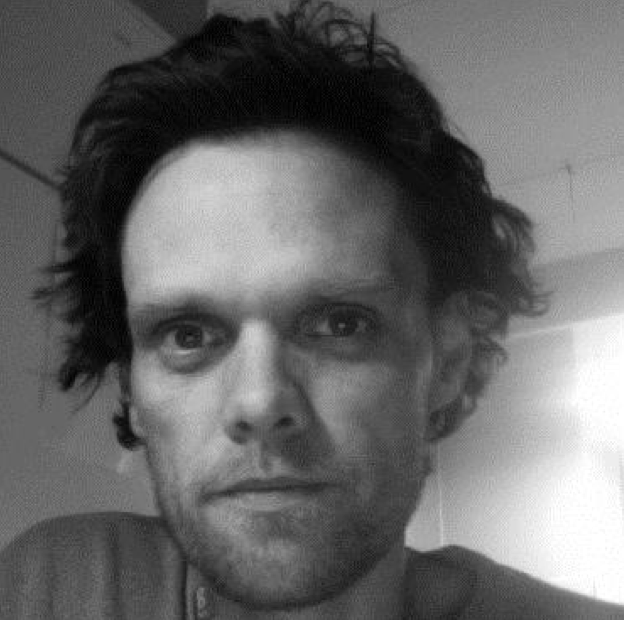NB! The PhD defense is postponed – the new date will be announced as soon as possible
Niels Böttcher will defend his PhD on August 20th here at Medialogy :: CPH
Tuesday, August 20th, 2013. 13.00-16.00 – A.C. Meyers Vænge 15, 2450 Kbh.SV. Room C1-2.1.042
Title: Procedural audio for computer games with motion controllers: An evaluation of the sound design approach and possible effect on the user’s motorical behavior
Abstract: Until now the use of procedural audio is not yet commonly used in computer games. There are many arguments for using this sound design approach. In particular procedural audio has some strong advantages for avoiding repetitive audio. This PhD is concerned with procedural audio for computer games and several different issues have been evaluated.The focus has been held particularly within computer games utilizing motion controllers and on self-sound produced by the physical actions of the player. Some of the fundamental questions pursued throughout this PhD are: What are the possible reasons for the lack of commercial success of procedural audio in computer games? Could the sound models as well as the tools for producing the models be designed alternatively? How do players perceive procedural audio in comparison to pre-recorded audio? Could procedural audio potentially affect the motorical behavior of the players in games using motion controllers? In order to present answers to these questions different prototypes of procedural sound models as well as associated computer games were developed. Furthermore a series of interviews were conducted on audio experts and software developers from various international game companies. Several experiments were conducted, in order to investigate if procedural audio could influence the motorical behavior of the players. In addition the player’s perception of the detailed interactive audio was investigated. In the experiments performed it was not possible to show that the use of procedural audio had a consistent influence on the motorical behavior of the players. As a surprise a large part of the test participants did not notice any difference in the sound, when comparing a procedural to a sample-based version of the game. An alternative design approach for procedural models is suggested, including more narrative functional elements to the models instead of purely focusing on the physical behavior of the sound.
Supervisor: Professor Stefania Serafin
Assessment Committee:
- Associate professor Sofia Dahl (chairwoman), Department of Architecture, Design and Media Technology, Aalborg University Copenhagen.
- Associate professor Morten Breinbjerg, Department of Aesthetics and Communication, Aarhus University
- Associate professor Karen E. Collins, Department of English Language and Literature, University of Waterloo
